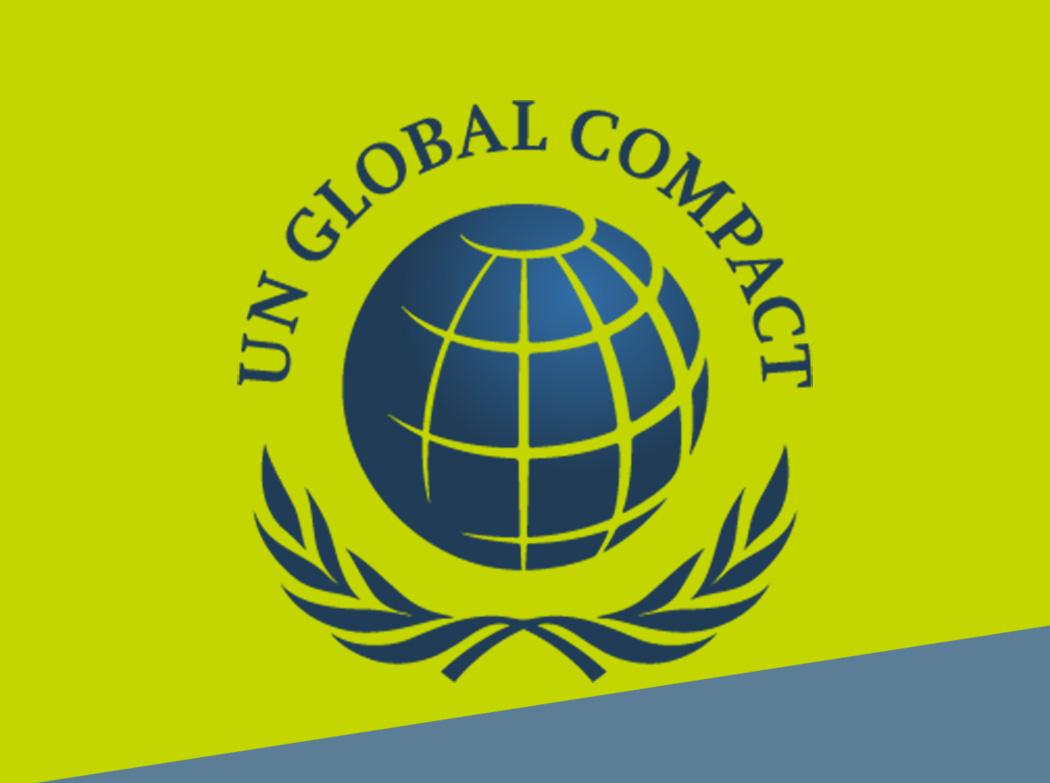Strengthen the means of implementation and revitalize the global partnership for sustainable development
 “We can be the first generation to succeed in eradicating poverty, just as we could be the last to have the chance to save our planet."
“We can be the first generation to succeed in eradicating poverty, just as we could be the last to have the chance to save our planet."
Ban-Ki Moon, UN-Secretary General from 2007 until 2016
What should be achieved?
In the field of finance:
- Strengthen domestic resource mobilization, including through international support to developing countries, to improve domestic capacity for tax and other revenue collection.
- Developed countries to implement fully their official development assistance commitments, including the commitment by many developed countries to achieve the target of 0.7 per cent of ODA/GNI to developing countries and 0.15 to 0.20 per cent of ODA/GNI to least developed countries; ODA providers are encouraged to consider setting a target to provide at least 0.20 per cent of ODA/GNI to least developed countries.
- Mobilize additional financial resources for developing countries from multiple sources.
- Assist developing countries in attaining long-term debt sustainability through coordinated policies aimed at fostering debt financing, debt relief and debt restructuring, as appropriate, and address the external debt of highly indebted poor countries to reduce debt distress.
- Adopt and implement investment promotion regimes for least developed countries.
In the field of technology:
- Promote the development, transfer, dissemination and diffusion of environmentally sound technologies to developing countries on favourable terms, including on concessional and preferential terms, as mutually agreed.
- Fully operationalize the technology bank and science, technology and innovation capacity-building mechanism for least developed countries by 2017 and enhance the use of enabling technology, in particular information and communications technology.
In capacity building:
- Enhance international support for implementing effective and targeted capacity-building in developing countries to support national plans to implement all the sustainable development goals, including through North-South, South-South and triangular cooperation.
In the trade sector:
- Promote a universal, rules-based, open, non-discriminatory and equitable multilateral trading system under the World Trade Organization, including through the conclusion of negotiations under its Doha Development Agenda.
- Significantly increase the exports of developing countries, in particular with a view to doubling the least developed countries’ share of global exports by 2020.
- Realize timely implementation of duty-free and quota-free market access on a lasting basis for all least developed countries, consistent with World Trade Organization decisions, including by ensuring that preferential rules of origin applicable to imports from least developed countries are transparent and simple, and contribute to facilitating market access.
At systemic issues | Policy and Institutional coherence:
- Enhance global macroeconomic stability, including through policy coordination and policy coherence.
- Enhance policy coherence for sustainable development.
- Respect each country’s policy space and leadership to establish and implement policies for poverty eradication and sustainable development.
- Enhance the global partnership for sustainable development, complemented by multi-stakeholder partnerships that mobilize and share knowledge, expertise, technology and financial resources, to support the achievement of the sustainable development goals in all countries, in particular developing countries.
- Encourage and promote effective public, public-private and civil society partnerships, building on the experience and resourcing strategies of partnerships.
- By 2020, enhance capacity-building support to developing countries, including for least developed countries and small island developing States, to increase significantly the availability of high-quality, timely and reliable data disaggregated by income, gender, age, race, ethnicity, migratory status, disability, geographic location and other characteristics relevant in national contexts.
- By 2030, build on existing initiatives to develop measurements of progress on sustainable development that complement gross domestic product, and support statistical capacity-building in developing countries.
| What we do: |
||
 |
 |
 |
| PSI Sustainability Awards | Innovator of the year |
UN Global Compact |
 |
 |
 |
 |
 |
 |
 |
 |
 |
 |
 |
 |
 |
 |
 |
 |
 |




